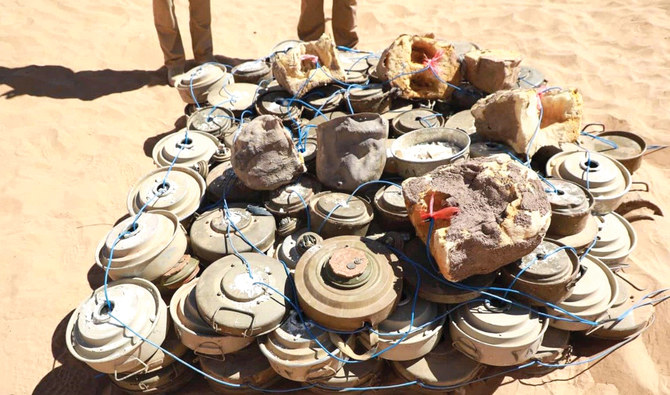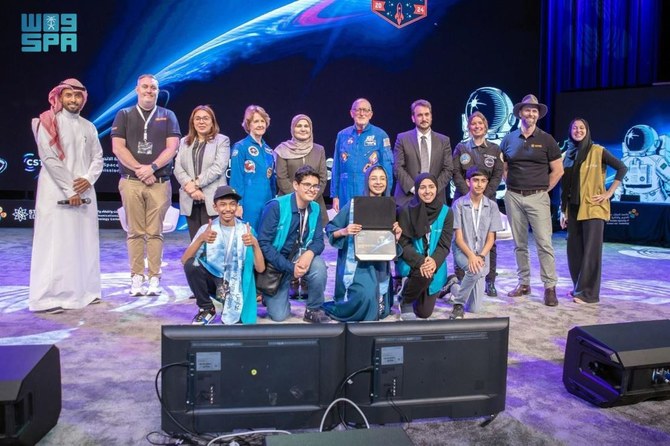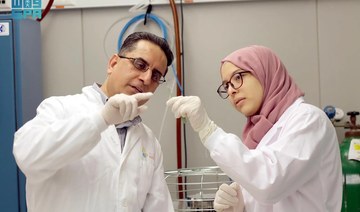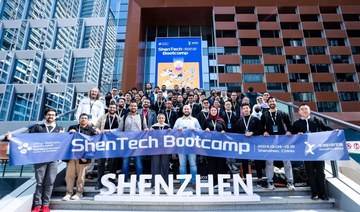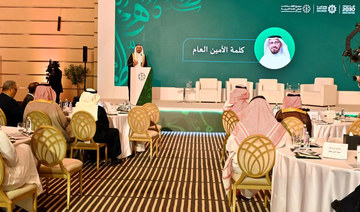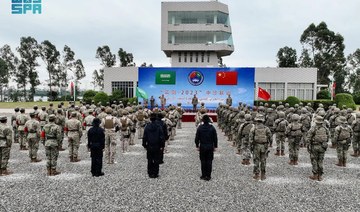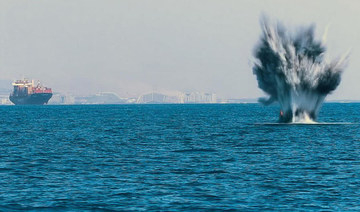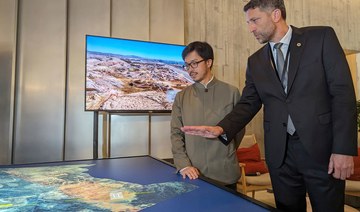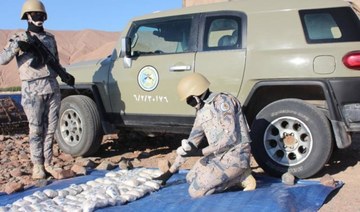RIYADH: Saudi-led mine clearance teams have de-activated nearly 1,000 Houthi explosive devices in Yemen in a single week.
MASAM, the Saudi project for landmine clearance, disabled 15 anti-personnel mines, 458 anti-vehicle mines, two explosive devices and 490 unexploded bombs — a total of 965 devices — during the second week of August.
Expert teams have cleared more than 80,000 mines since the project began in July 2018.
However, Iran-backed Houthi militias in Yemen are thought to have planted more than a million mines in the past three years. The Houthis are also developing anti-vehicle mines and converting them into anti-personnel devices.
“The vast number of land mines continues to pose a threat to the lives of Yemeni people,” a MASAMspokesman said. “The Houthi militias lay internationally banned devices randomly near residential areas, on roads and farmland in liberated regions, threatening civilians who are outside the battlefield.”
In July, the King Salman Humanitarian Aid and Relief Center (KSRelief) extended the contract for the MASAM initiative for a further year, with an investment of $31 million to ensure that Saudi and international experts can continue to clear mines, especially in the governorates of Marib, Aden, Sanaa and Taiz.
The initiative is aimed at delivering security for the Yemeni people, and is one of several launched by the Kingdom.
KSRelief chief Dr. Abdullah Al-Rabeeah said the Kingdom had conducted more than 1,000 humanitarian aid programs worth $3.5 billion in 44 countries since 2014.



